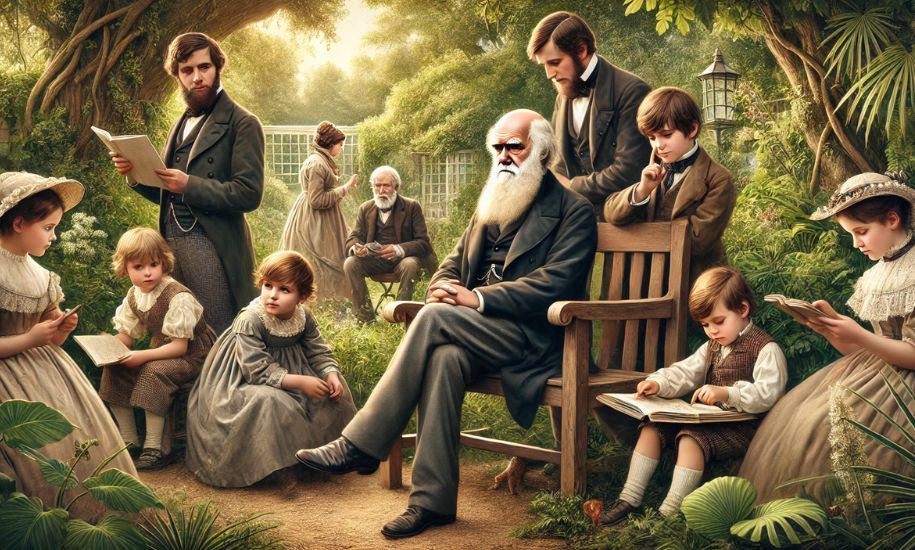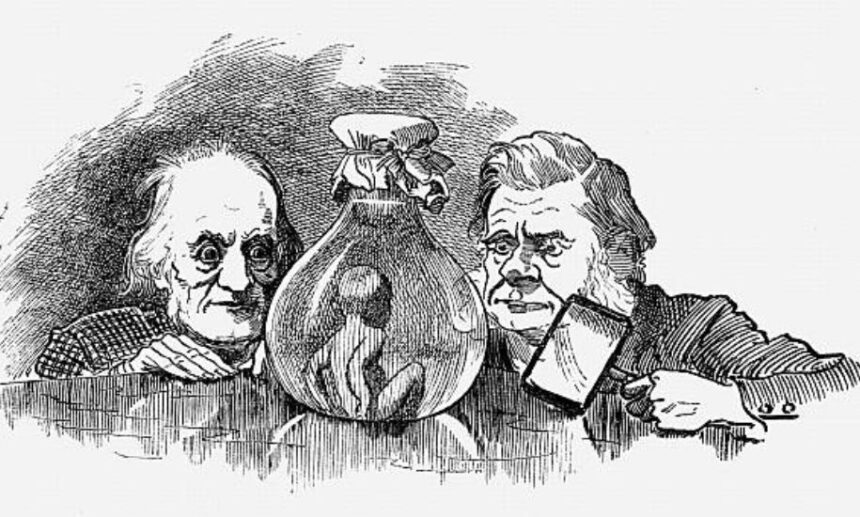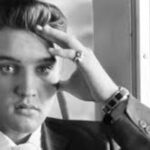Charles Darwin, the father of evolutionary theory, is a name synonymous with groundbreaking scientific discovery. Beyond his monumental work, Darwin was also a devoted family man. His life with his wife, Emma Darwin, and their children paints a vivid picture of Victorian-era family dynamics and their impact on his scientific pursuits. At Mating Press, we delve into the lesser-known aspects of Darwin’s life, focusing on Charles Darwin children and their fascinating stories.
Charles Darwin’s Family Life
Darwin married his cousin, Emma Wedgwood, in 1839. Their union was deeply affectionate and intellectually stimulating. Together, they had ten children, seven of whom survived to adulthood. The Darwin household was filled with warmth, curiosity, and an emphasis on education and intellectual freedom.
The Names and Lives of Charles Darwin Children
William Erasmus Darwin (1839–1914)
The eldest of Charles Darwin children, William Erasmus was a banker and businessman. Known for his calm and steady demeanor, William supported his father’s work and often engaged in scientific discussions. Though he did not follow a scientific career, he shared Darwin’s intellectual curiosity.
Anne Elizabeth Darwin (1841–1851)
Anne, the second child, was described as a sweet and intelligent child. Tragically, she died at the age of ten due to tuberculosis. Her death deeply affected Darwin, influencing his perspectives on life and religion.
Mary Eleanor Darwin (1842)
Mary Eleanor was the third of Charles Darwin children but sadly lived for only a few weeks. Her brief life left a poignant mark on the Darwin family.
Henrietta Emma Darwin (1843–1927)
Henrietta, often called “Etty,” was a strong intellectual influence on her father. She edited several of his works, including The Descent of Man. Henrietta was deeply religious and served as a counterbalance to Darwin’s agnostic tendencies.
George Howard Darwin (1845–1912)
George followed in his father’s scientific footsteps, becoming an esteemed astronomer and mathematician. His work on tidal forces and lunar theory remains significant to this day. He embodied the intellectual legacy of Charles Darwin children.
Elizabeth Darwin (1847–1926)
Elizabeth was quieter than her siblings and maintained a low public profile. Her contributions to the family were rooted in her steadfast support of her parents and siblings.
Francis Darwin (1848–1925)
Francis played an active role in his father’s research. A botanist by profession, he collaborated with Darwin on plant studies and co-authored several works. He later became a Fellow of the Royal Society, continuing the scientific tradition of Charles Darwin children.
Leonard Darwin (1850–1943)
Leonard had a remarkable career as a military officer and politician. He later became a prominent advocate for eugenics, a controversial field during his time. Leonard’s varied contributions highlighted the diverse paths of Charles Darwin children.
Horace Darwin (1851–1928)
Horace was an engineer and instrumental in establishing the Cambridge Scientific Instrument Company. His innovative work in instrumentation made significant advancements in science and industry.
Charles Waring Darwin (1856–1858)
The youngest of Charles Darwin children, Charles Waring, was born with developmental disabilities and died young. His short life influenced Darwin’s reflections on heredity and natural selection.

The Influence of Charles Darwin Children on His Work
Darwin’s observations of his children played a pivotal role in his scientific studies. He documented their developmental milestones, contributing to his theories on human evolution and behavior. His book The Expression of the Emotions in Man and Animals contains insights drawn from his children’s behavior.
The Darwin Household: A Hub of Intellectual Activity
The Darwin family home, Down House, was not just a domestic space but a center of intellectual discourse. The children were encouraged to explore their interests, fostering a culture of curiosity and innovation. This nurturing environment helped Charles Darwin children thrive in various fields.
Challenges Faced by Charles Darwin Children
Living in the shadow of a monumental figure like Darwin was not without challenges. Some of the children struggled with the pressure of upholding their father’s legacy, while others faced societal scrutiny due to Darwin’s controversial theories.
The Legacy of Charles Darwin Children
The contributions of Charles Darwin children extended far beyond their father’s lifetime. Through their careers in science, engineering, and literature, they perpetuated Darwin’s legacy, shaping the scientific and cultural landscapes of their time.
Conclusion
The story of Charles Darwin children is one of familial love, intellectual curiosity, and resilience. Each child, in their way, contributed to the Darwin legacy, demonstrating the profound interplay between family and genius. At Mating Press, we celebrate these stories, highlighting the human side of one of history’s greatest scientific minds.





